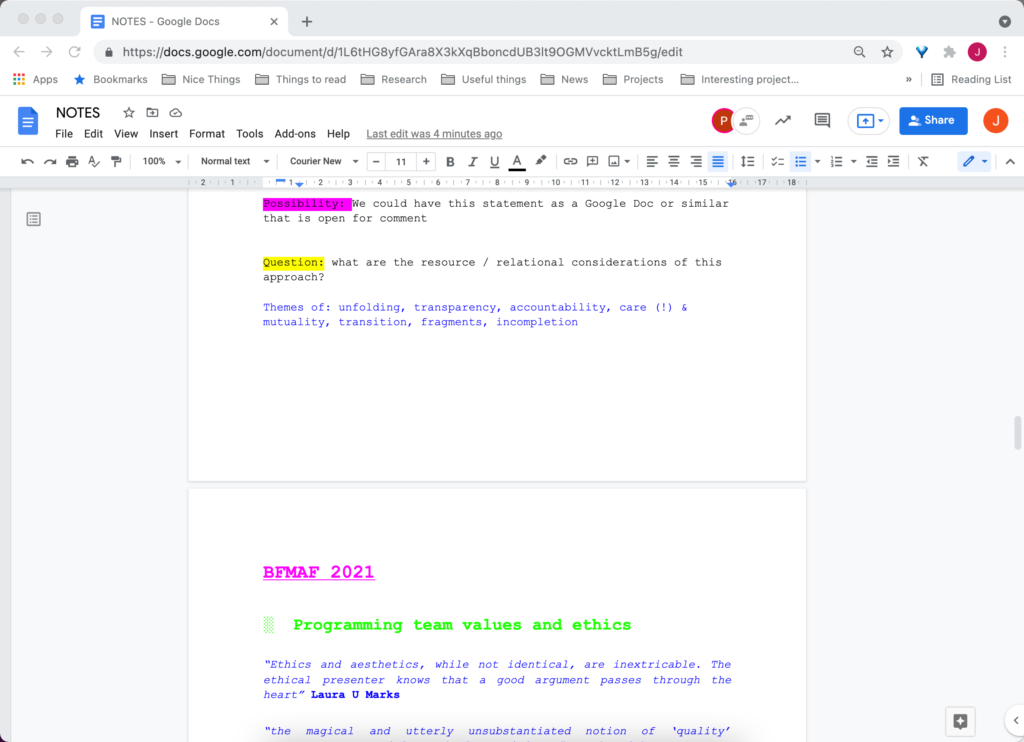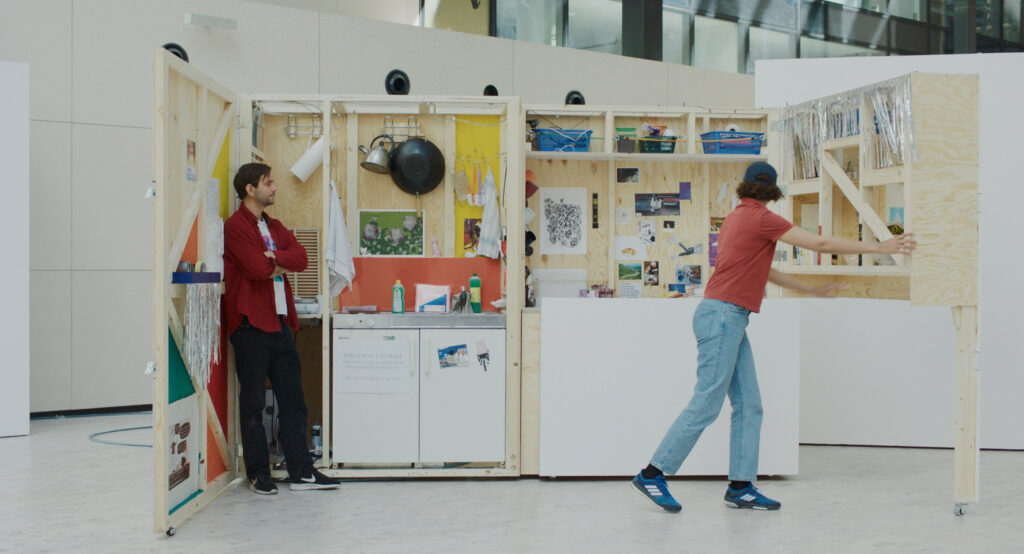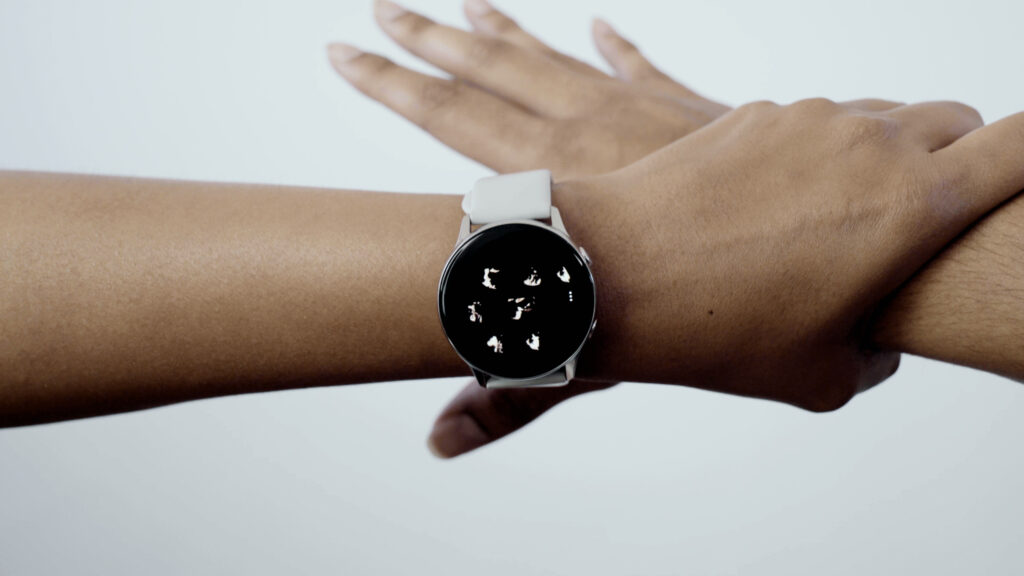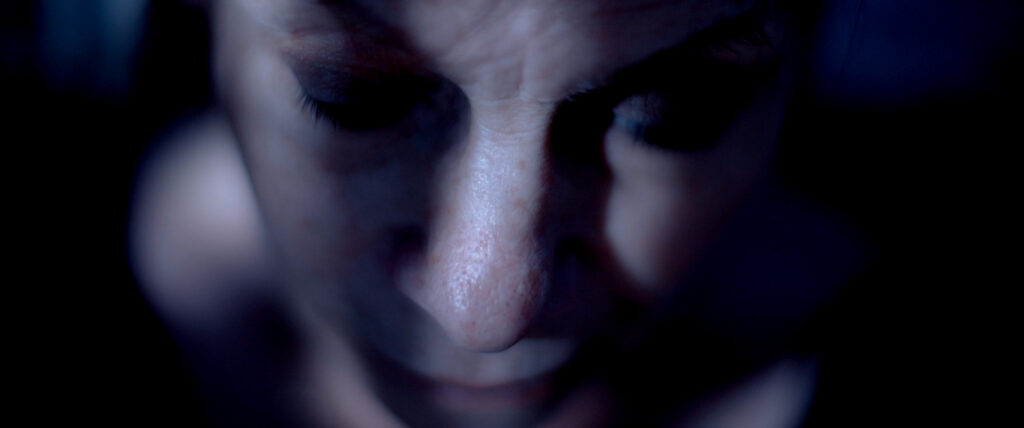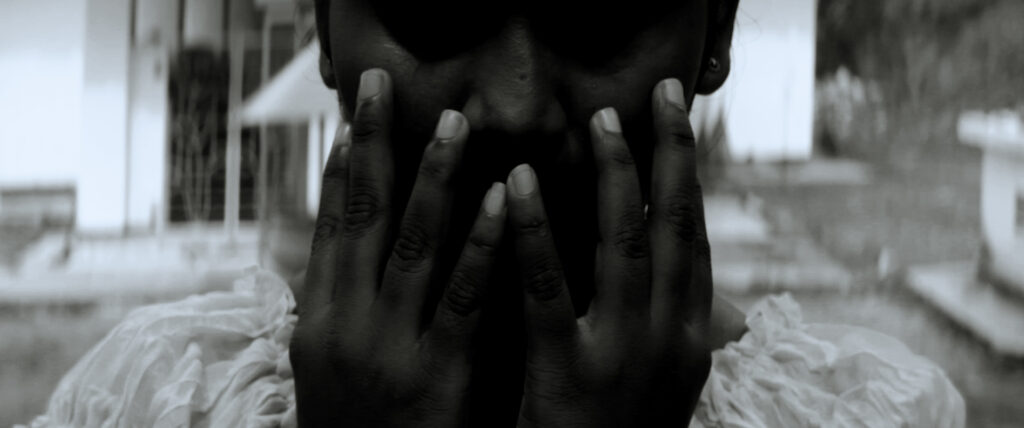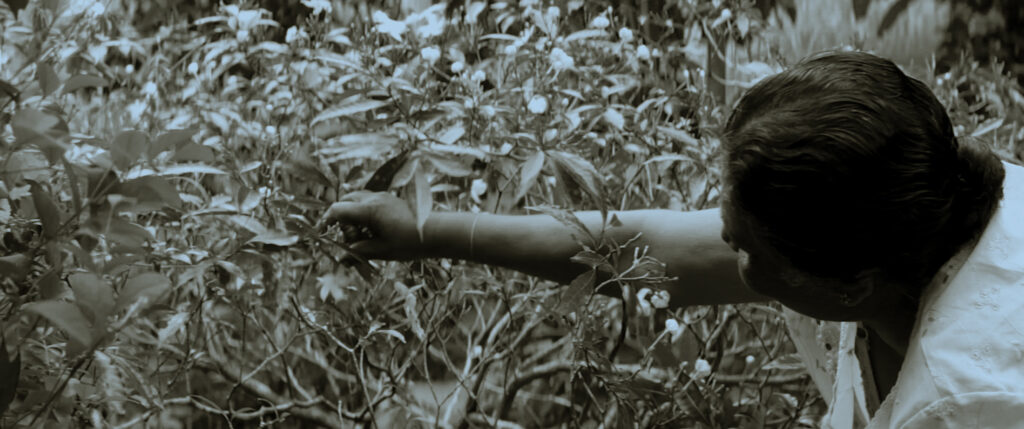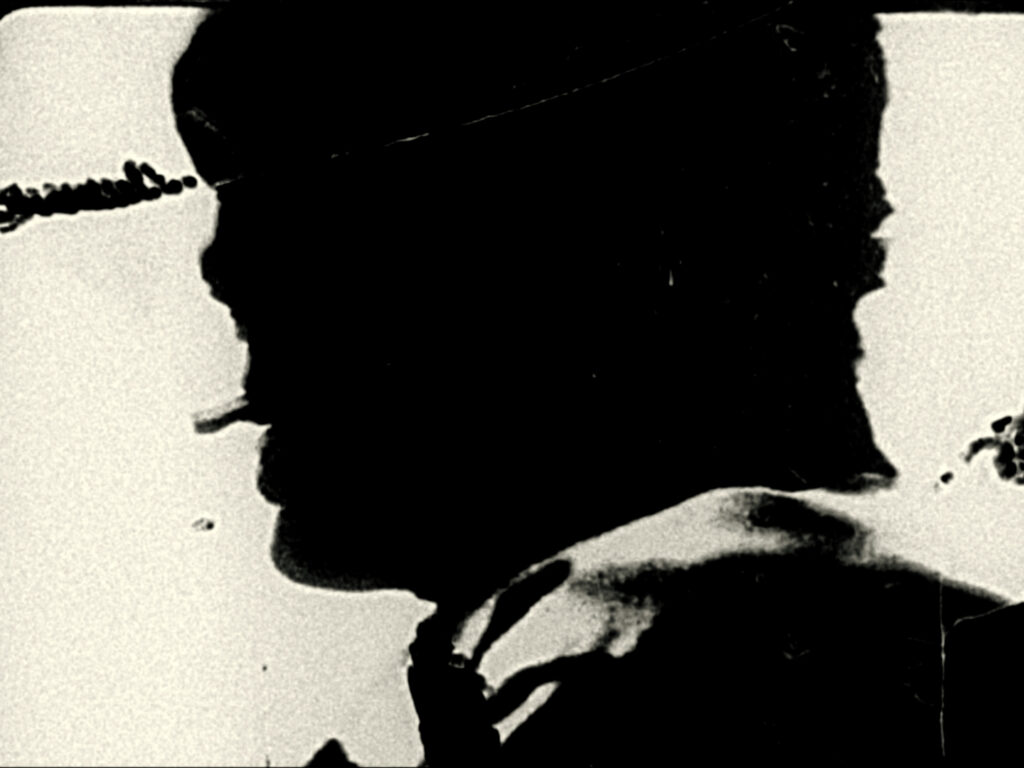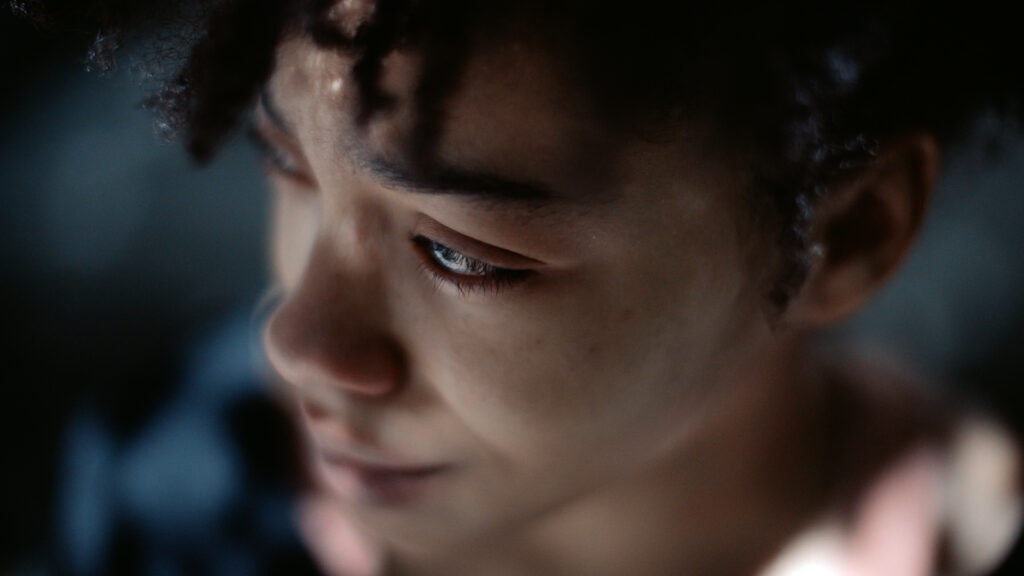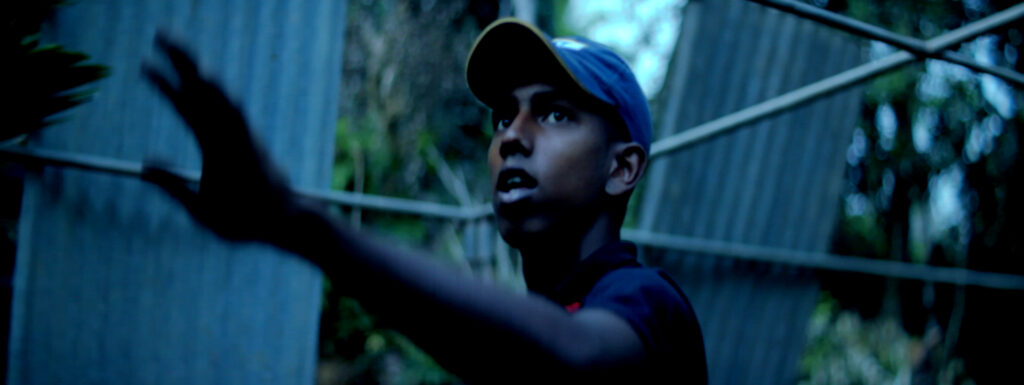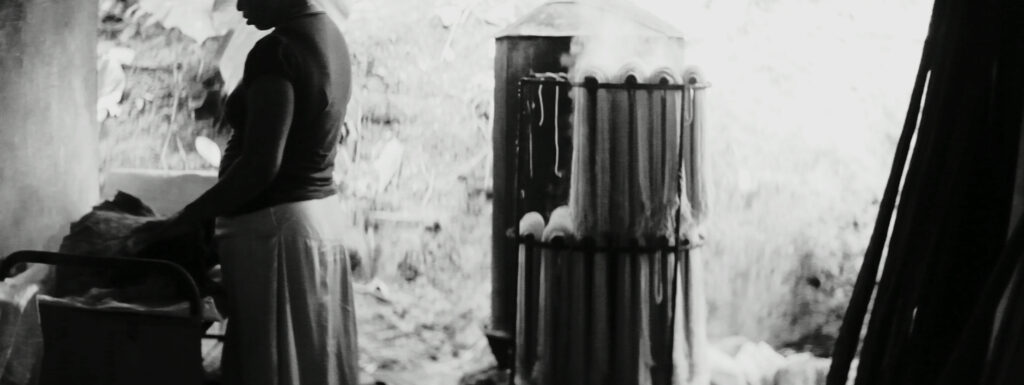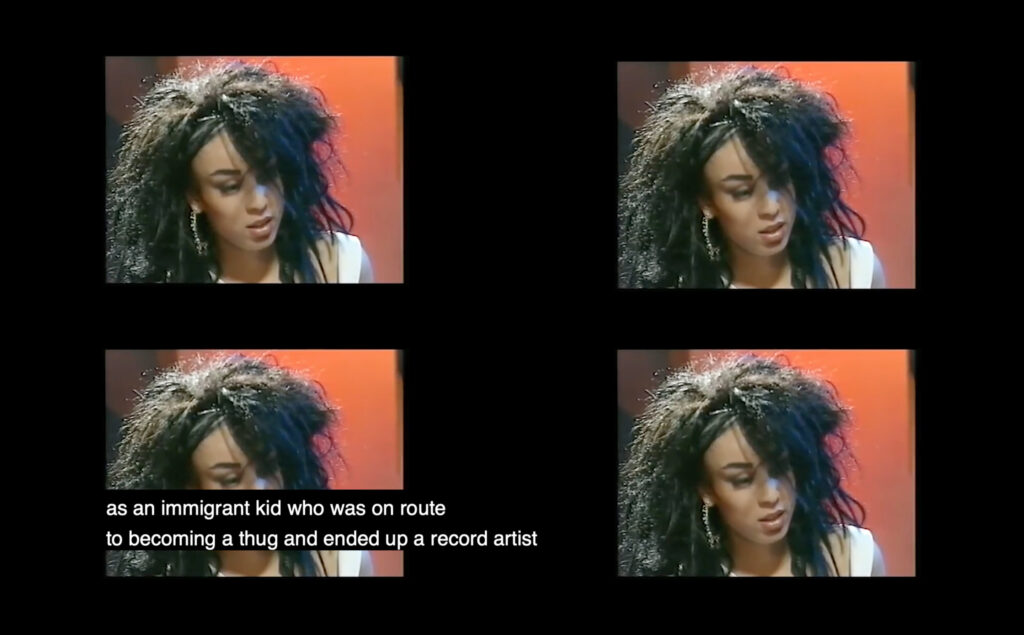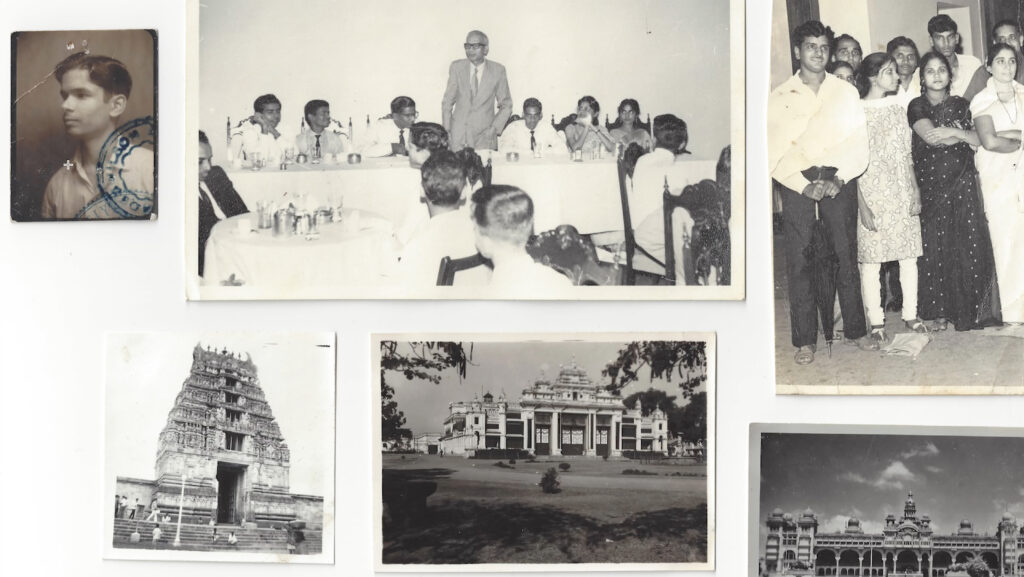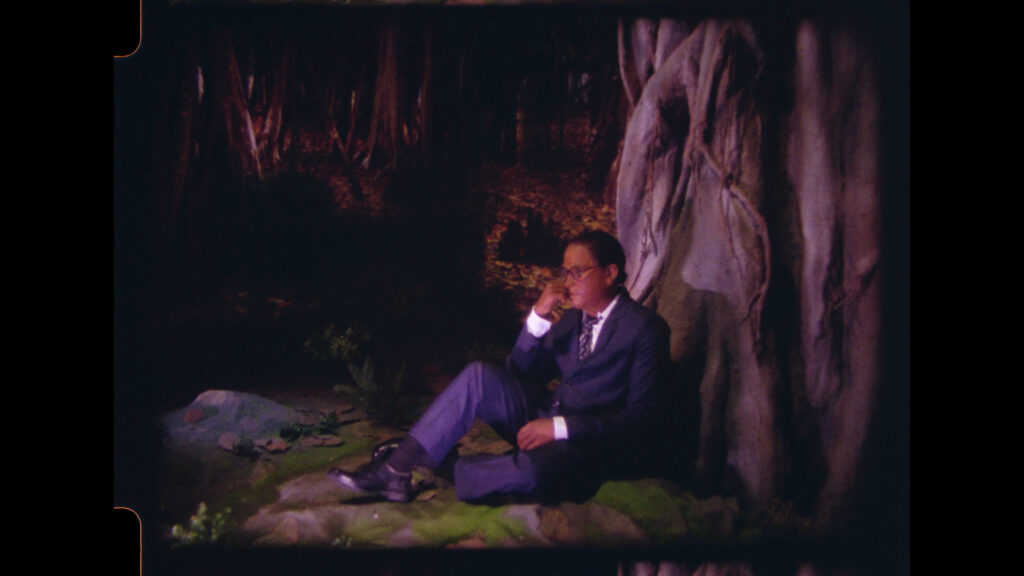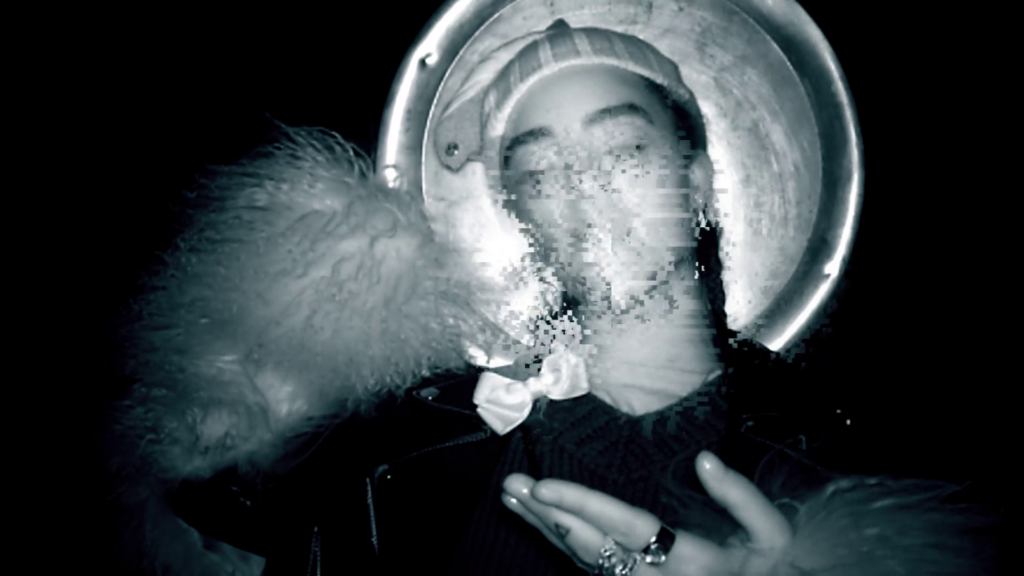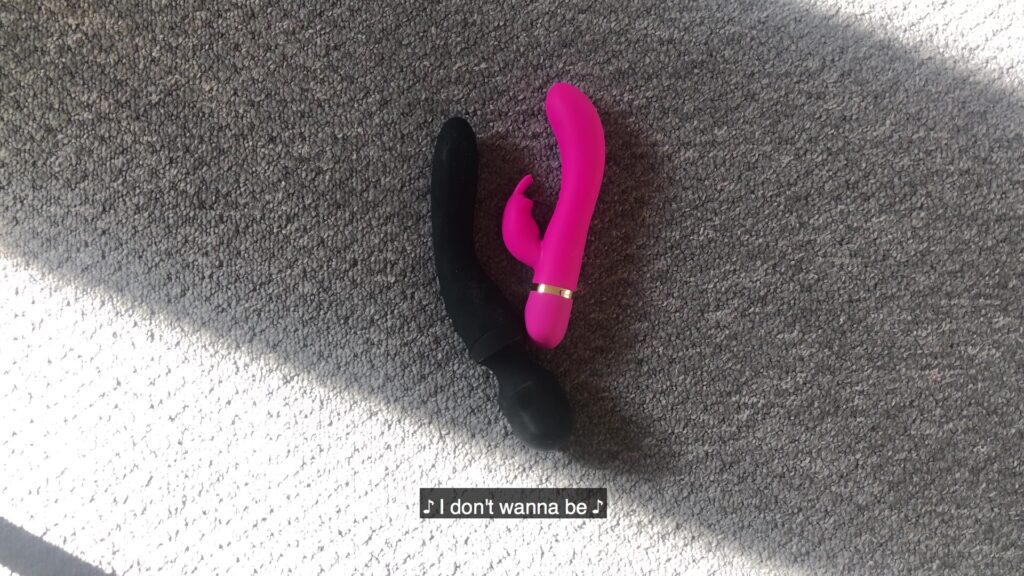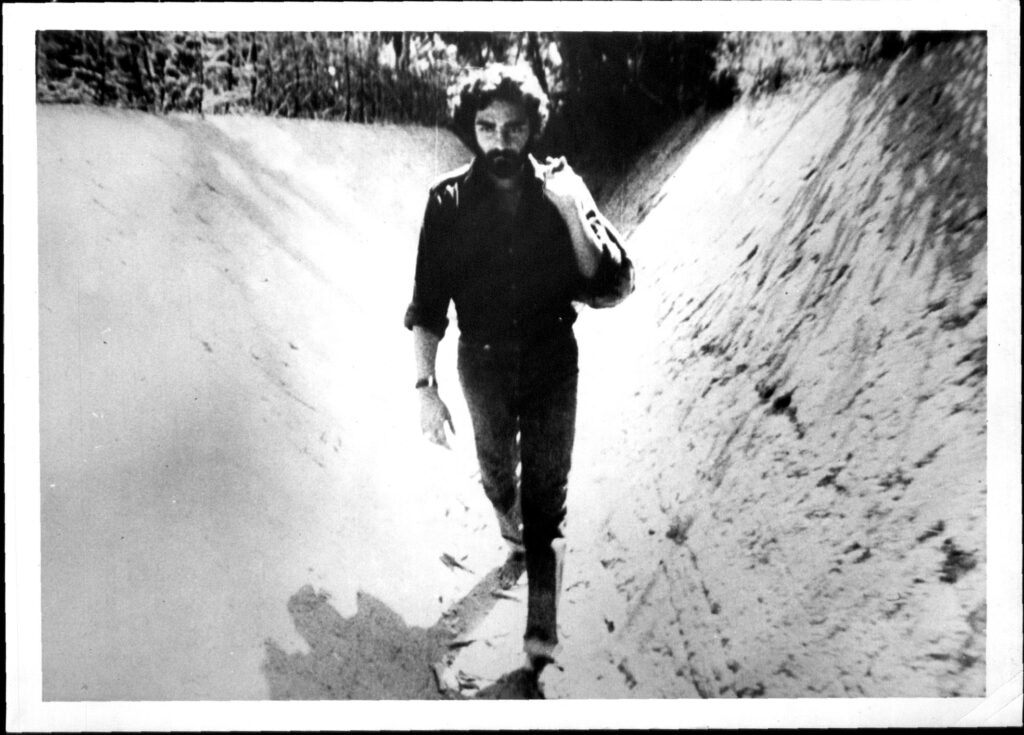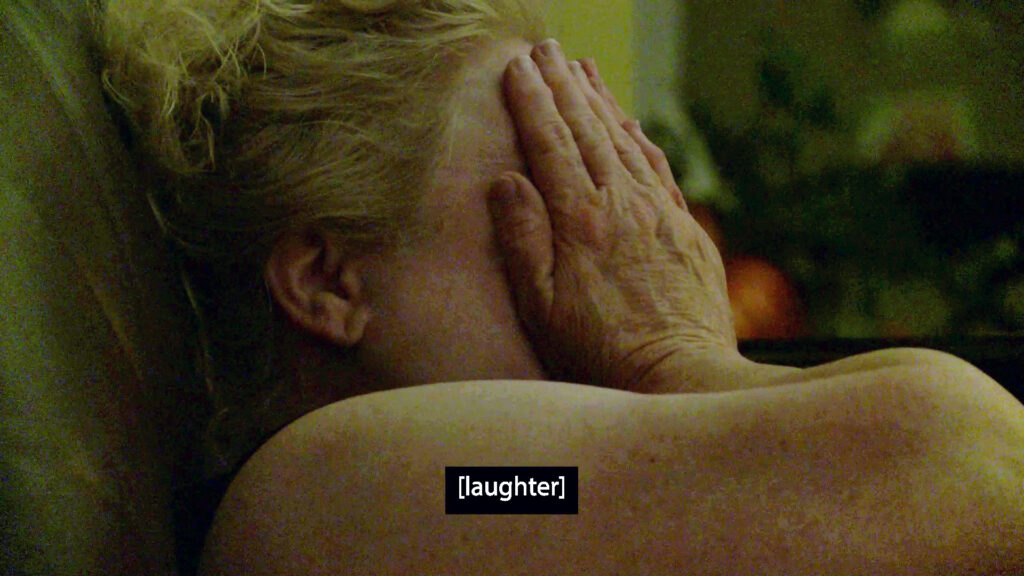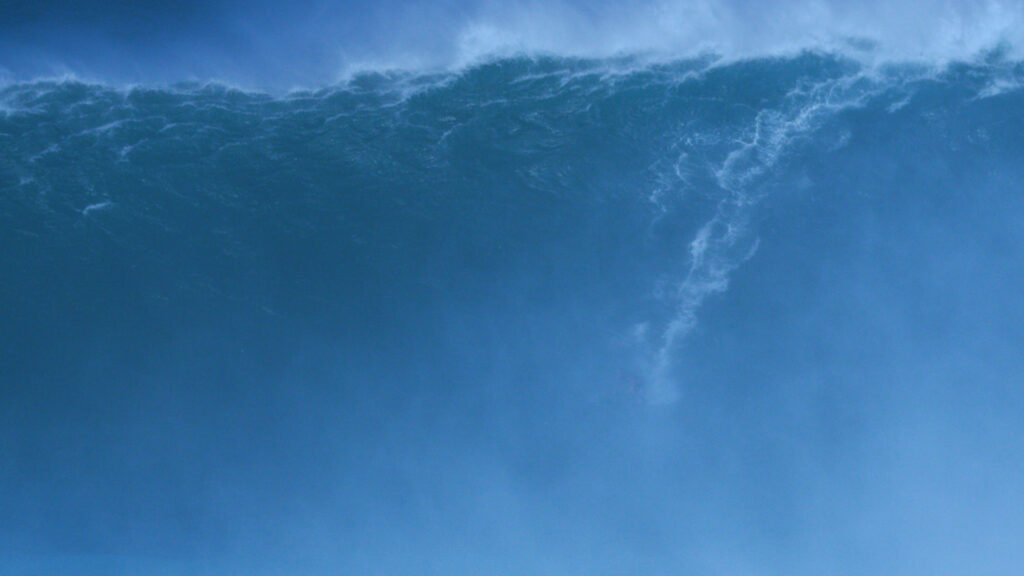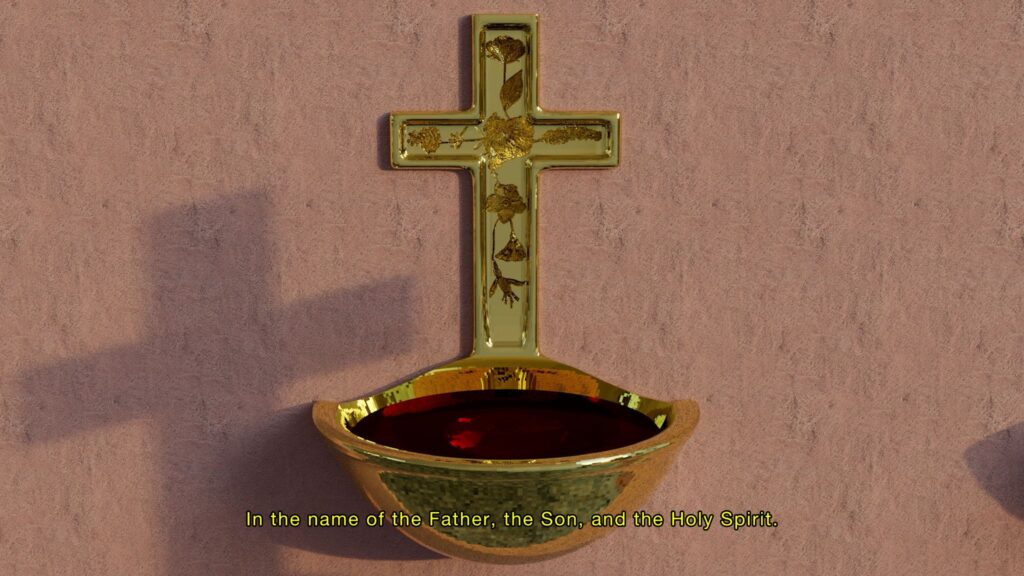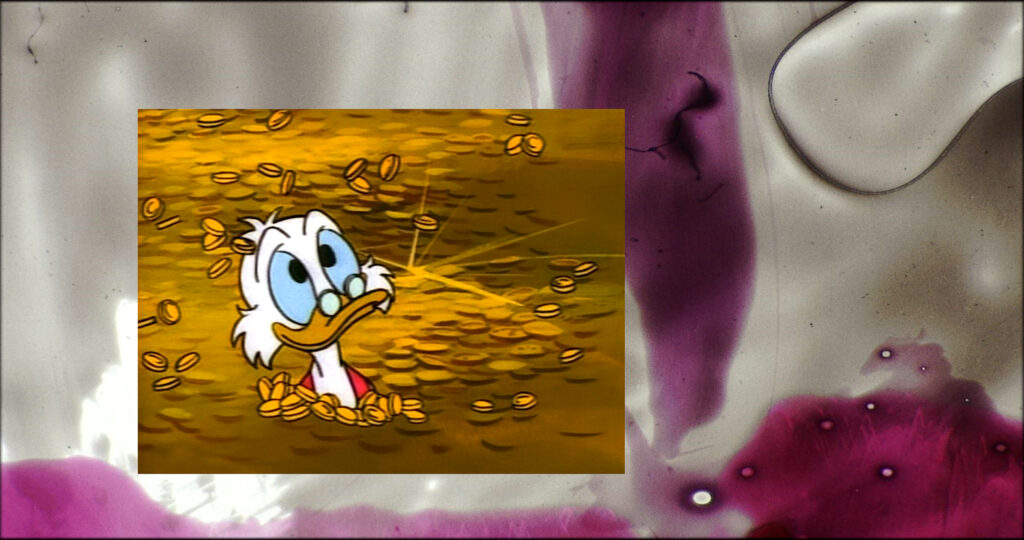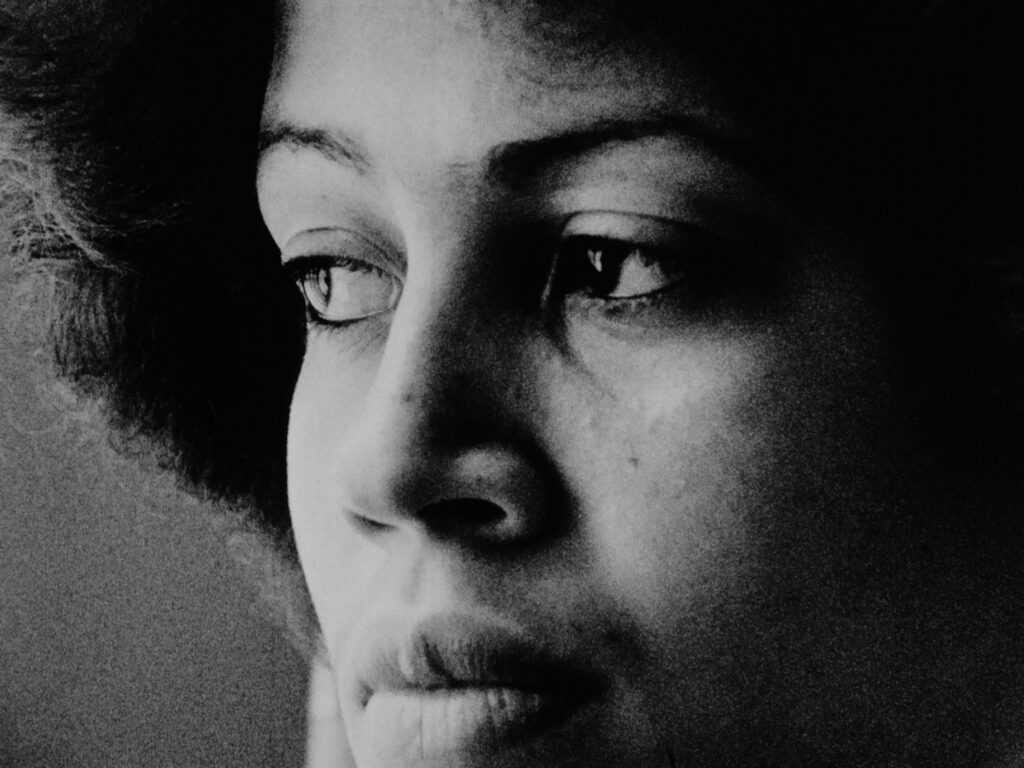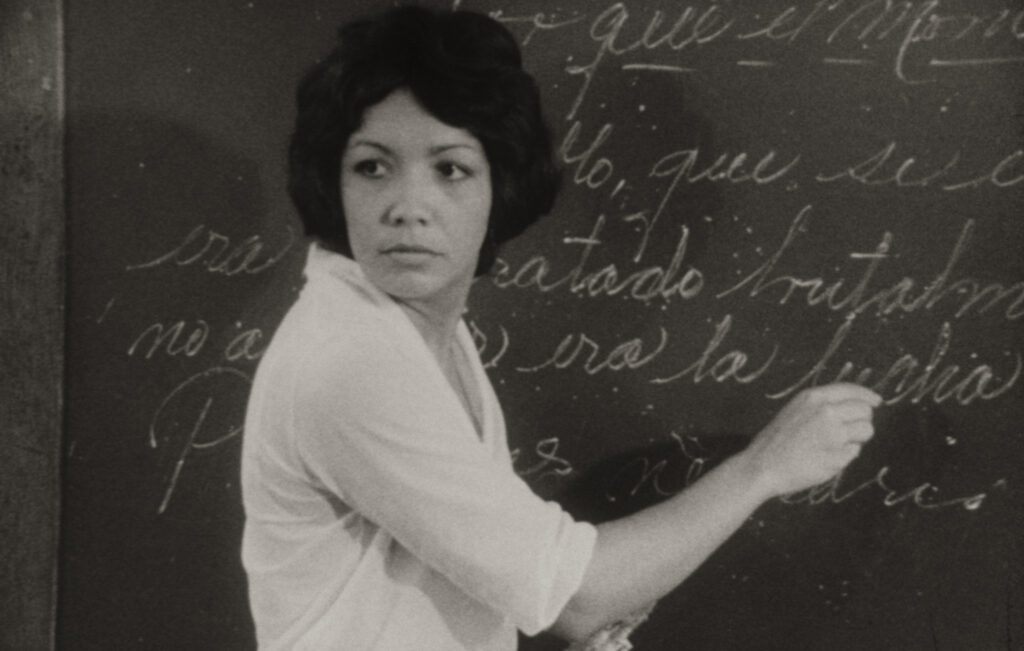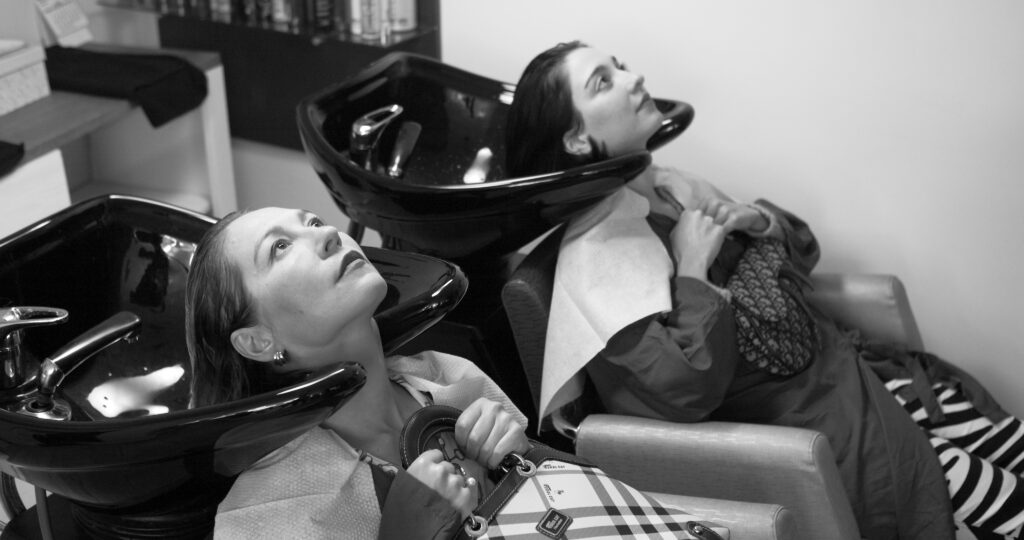Galb’Echaouf delves into the idea of amnesia as the result of an extreme and destructive political context which generated shame and guilt. Conflicts put an end to freedom of movement, and most importantly, to the transmission of types of knowledge passed down over centuries. It is fuelled by the statements and silences of the inhabitants of the region, but also by non-human knowledge present in plants and landscapes.
In Maat means Land, Fox Maxy (Ipai Kumeyaay and Payómkawichum) has created an intoxicating and urgent film collage that gives invigorating expression to contemporary Indigenous identity, culture and experience. Exploring the question, “what does it mean to come from somewhere?”, Maxy pays homage to the land and his surroundings, whilst challenging us to think about the painful and multi-layered histories that exist within territories scarred by settler colonialism.
Manifesto establishes a multifaceted portrait of an arts academy which has been recently subsumed into a large national university. Through frank and revealing discussions with students, teachers, administrators and other staff, Ane Hjort Guttu establishes links between seemingly disparate topics—from architecture and surveillance to neoliberalism and dysfunctionality—embedded within the framework of contemporary academia.
Rajee Samarasinghe’s body of work tackles contemporary sociopolitical conditions in Sri Lanka through the scope of his own identity and the deconstruction of ethnographic practices. BFMAF 2021 presents a series of Samarasinghe’s 12 short films shot over a decade—an archive of images navigating the terrain of migration, memory, and impermanence.
In Tim Leyendekker’s debut feature film, victims, perpetrators and their observers offer entangled viewpoints on the 2007 Groningen HIV case in the Netherlands. In this case, three men hosting sex parties drugged others and injected them with their own HIV-infected blood. Feast explores the uneasy complexities, motivations, assumptions and projections of those involved and those watching: the media, the diagnosing professionals, and us, the viewers.
This screening will be accompanied with an in person conversation with Tim Leyendekker and will take place at The Maltings in Berwick-upon-Tweed.
This screening will be accompanied with an in person conversation with Camara Taylor (suspiration!) and will take place at The Maltings in Berwick-upon-Tweed.
Rock Bottom Riser is an immersive, exploratory and deeply inquisitive study of an island world at sea. The film fashions a layered and heterogeneous portrait of Hawaii through its cosmogony, its uncertain future and the scattered lens of the present. Through a combination of research, observation of the islands’ landscape and conversation with many different people who call it home, artist-filmmaker Fern Silva highlights the complexity and contradictions of a place which can be understood as beautiful and serene but also under constant existential threat.
In a village in central India, dedicated school teachers put their heart and soul into preparing a group of children for an entrance exam for a Government-run “School of Excellence.” Entrance Exam explores the stakes of the opportunities afforded by this continued, subsidised education for underprivileged children, as well as the many layers of struggle in this intense and surprising journey.
This screening will be accompanied with in person conversations with Éiméar McClay & Cat McClay (a body is a body is a body) and Rehana Zaman (Alternative Economies).
Watch One Way or Another (1977) Sara Gómez’s “bold work of revolutionary feminism” alongside Back Inside Herself (1984) by S. Pearl Sharp. Back Inside Herself is newly restored by Cinenova and will be accompanied by On the Inside a prose poem by London-based poet Sarah Lasoye.
The screening is a prelude to Cinenova’s The Work We Share – a programme of 10 newly digitised films from the Cinenova collection. All have been captioned by Collective Text and are accompanied by 10 new artist response commissions, which will tour the UK throughout 2021-22.
Amalia Ulman’s debut feature is a dark comedy. El Planeta explores contemporary poverty, deception, class, and escapism through a tender mother-daughter relationship, played by Ulman and her real-life mother.



